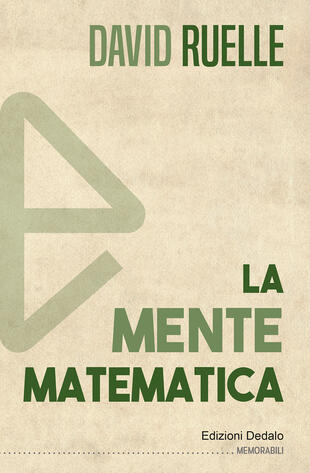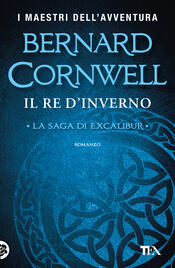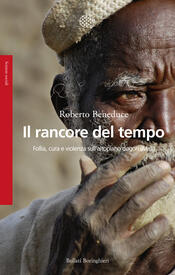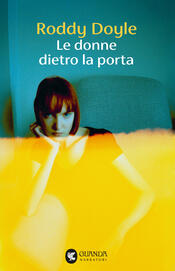

Sinossi
In questo libro stimolante e divertente, David Ruelle esplora i processi intellettivi che avvengono nella mente degli scienziati, trasportando il lettore nel vivo della pratica matematica. Come funziona il cervello di un matematico? Per rispondere a questa domanda Ruelle ricorre all'introspezione e a una serie di vivaci racconti sui principali protagonisti della matematica del Novecento: da Alan Turing e Kurt Godel ad Alexander Grothendieck, Rene Thom, Bernhard Riemann e Felix Klein. In una girandola di excursus storici e di aneddoti personali, prende forma una rassegna delle idee matematiche più importanti dall'antichità a oggi, delle menti che le hanno concepite e delle loro implicazioni filosofiche. La matematica appare quindi come il contesto più opportuno per affrontare questioni universali quali il significato, la bellezza e la natura stessa della realtà.
- ISBN: 8822065107
- Casa Editrice: Dedalo
- Pagine: 224
- Data di uscita: 18-02-2021
Recensioni
The title is slightly misleading, as it might lead one to expect an analysis of how mathematicians work based on psychology or neuroscience. In fact, there is very little of that, especially if one discounts a short chapter on Freud's views (which don't really have much of value on the subject). So
Si eres matemático te vas a aburrir. Si eres lego en la materia no leas este libro. Si tienes conocimientos y lo quieres leer para motivarte a estudiar matemáticas, no lo va a conseguir. Lee este libro por el puro placer de quedarte atónito de cómo se construye una teoría matemática, hay alguna pequeña Leggi tutto
good rapid fire natural language explanations of some math interspersed with historical anecdotes, reflections, and process theories on how mathematical work is done by one particular guy. the shortness of each chapter (about 5-10 pp per) was very helpful in reading through quickly and is something
Ω(»,Φ,I,β) - I doubt this will make any pedestrian a mathematician, but I enjoyed it more than 📚The Joy of X & 📚Love & Math . It is a metamath book, but there are glimpses of twilight behind the veil. ⇝ - Barry Simon's Case Against Codes , 📚A Course in Arithmetic , Stephen Smale , Erlangen Program , Samue Leggi tutto
In the Preface, Ruelle writes: "My ambition is to present here a view of mathematics and mathematicians that will interest those without training in mathematics, as well as many who are mathematically literate." I don't think he really succeeds. I like mathematics, I've read a good deal of "popular
This book, by a world famous dynamicist and mathematical physicist, is a kind of digression about mathematics, mathematicians, ethics, politics, philosophy, and more. His discussions of mathematics, in the chapters "What is Mathematics?", "The Erlanger Program", "Mathematics and Ideologies", and "Th Leggi tutto
This book is not at all what I expected from the blurb. While Grothendieck and Turing are certainly mentioned, this book is not primarily about mathematical characters and their quirks. Rather, it is about the character of mathematicians, and about how research mathematicians look at the world. The b Leggi tutto
Citazioni
Al momento non ci sono citazioni, inserisci tu la prima!























